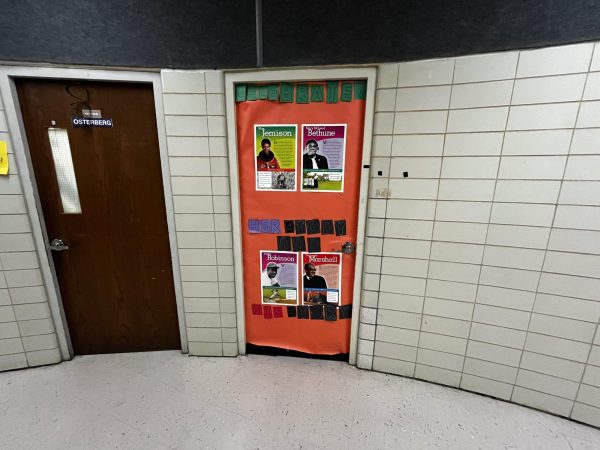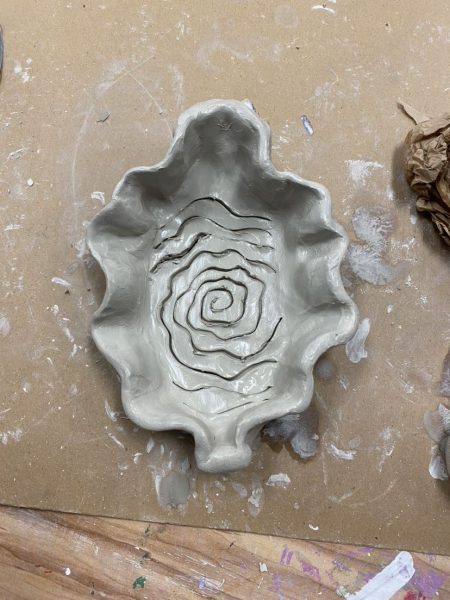Editorial: The Truth About Coffee

A NEW PERK TO CENTRAL — Central’s coffee shop in the library helps energize students and teachers all day.
Does your day start with a cup of coffee? For lots of students and teachers, a cup of joe is just a normal part of their daily routine. Many people who drink coffee say that their day is not the same without it. Even though coffee has no nutritional value, the caffeine is very beneficial for some teens.
“[On] days when I come to school and don’t drink coffee, I’m really tired, but when I do drink it, I still end up tired later in the day. I probably wouldn’t drink coffee if I didn’t have to get up so early,” freshman Angel Smith shared.
After Christmas, Central’s librarian Melinda Martin opened up a coffee shop in the library, which gets about 15-20 visits of familiar faces throughout the day.
“Our country looks at caffeine as a drug, but then they drink Coke, which is loaded with sugar, [which is] the real drug,” said Ms. Martin, who has been drinking coffee since age 13.
“Studies have shown that caffeine is less harmful to a person’s body than sugar is. The documentary, ‘Fed Up,’ by journalist Katy Karat talks about the effects sugar has on your brain. Katy’s documentary says that the part of your brain that lights up when you intake cocaine is the same part that lights up when you intake sugar,” Ms. Martin further shared.
Large amounts of sugar may be added to coffee because the taste is not appealing for some people. Try decreasing your sugar consumption by using sugar-free creamer for a healthier life style.
Drinking coffee can provide quick relief from drowsiness, which can be handy for teens who might be tired after a late night of studying for an exam or a busy schedule that includes part-time work on the weekend. Just make sure that you watch the amount of sugar you take in so coffee doesn’t do you more harm than good.










